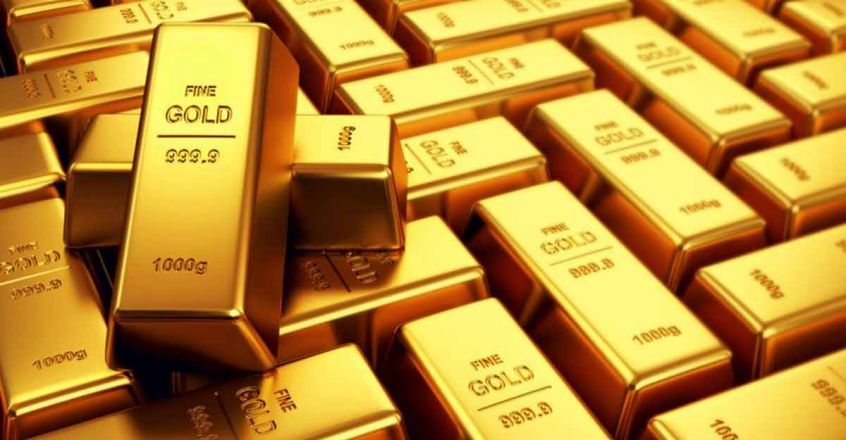U.S. sanctions one of Africa’s biggest gold refiners for allegedly contributing to conflict in DRC
Belgian gold trader Alain Goetz and his Ugandan-based African Gold Refinery Ltd, are said to be key players in the Democratic Republic of Congo’s illicit gold trade.

The U.S. Treasury sanctioned Belgian gold trader Alain Goetz and his African Gold Refinery Ltd., one of the continent’s biggest processors of the metal, for allegedly contributing to conflict in the Democratic Republic of Congo.
Goetz and Uganda-based AGR are key players in Congo’s illicit gold trade, which is worth hundreds of millions of dollars each year and is the largest source of revenue for armed groups in the country, the Treasury said Thursday in an emailed statement.
Goetz, AGR, and eight other linked companies will have their U.S.-based assets blocked under the sanctions, it said.
“Alain Goetz and his network have contributed to armed conflict by receiving DRC gold without questioning its origin,” Under Secretary of the Treasury for Terrorism and Financial Intelligence Brian Nelson said in the statement.
“Treasury has been very clear: global gold markets, at every step of the supply chain, must engage in responsible sourcing and conduct supply-chain due diligence.”
Goetz was sanctioned under two executive orders signed during the Bush and Obama administrations that target “persons threatening the peace, security, or stability of the DRC and the surrounding region.”
Goetz called the sanctions a “mistake” that threaten improvements in transparency in the region’s gold trade.
The listing by the Treasury “seems to indicate that their research is solely based on open-source reports by non-governmental organizations, which have previously been proven to be incorrect or biased in their reporting,” he said in a statement sent by text message.
Goetz said he hasn’t been to Congo for more than 20 years and that he no longer runs AGR.
“The African Gold Refinery has been a model company that has contributed to the growth of Uganda and the region since inception, by improving the fiscal transparency in the regional gold trade while operating in full accordance with national, regional and international regulatory frameworks,” he said.
“Given the chance, we will be able to demonstrate the virtuousness of our initiatives, and hopefully the unfair and unjust sanctions will be lifted.”
Civil War
Conflict in mineral-rich eastern Congo began in the mid-1990s, when the civil war and genocide in neighboring Rwanda spread over the border, igniting a war that eventually enveloped more than a half-dozen African nations.
Despite a 2003 peace agreement, fighting persists in eastern Congo. More than 100 armed groups are active in the region, which has almost 5 million displaced people, the largest number in Africa, according to the United Nations.
In 2018, AGR refined about half a billion dollars worth of gold, according to the Treasury statement.
In a 2020 speech, Ugandan President Yoweri Museveni said the refinery was earning more than $1.25 billion per year.
“The sanctions are of concern to Uganda,” Minister of State for Foreign Affairs Henry Oryem Okello said by phone. “We are going to study the clauses based on by the U.S. and we shall respond to the matter.”
Goetz also criticized the U.S., which he said had “assigned itself the role of policymaker of DRC’s mineral trade, stripping the country of the independence to take charge of its affairs.”
A Congolese government spokesman didn’t immediately respond to a request for comment.
Record gold prices have seen an explosion in African gold exports, Bloomberg News reported last year.
Most of the gold ends up in the United Arab Emirates, where three of Goetz’s sanctioned companies are based.
The most recent estimates of gold exports from Uganda and Rwanda show the combined value of the trade may be almost $3 billion annually, an amount that doesn’t reflect what’s mined in the two countries.
The UN group of experts monitoring the links between conflict and natural resource extraction in Congo says that a large share of that gold is Congolese.
The group has named Goetz and AGR in several of their annual reports.


